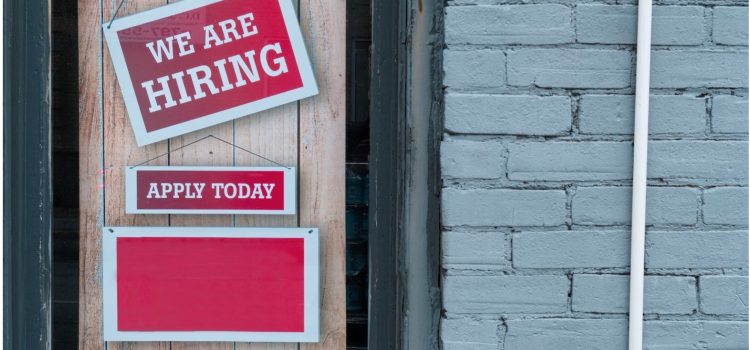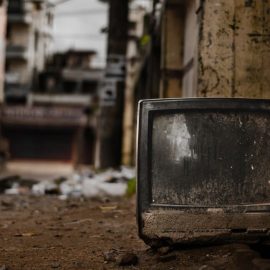
This is a free excerpt from one of Shortform’s Articles. We give you all the important information you need to know about current events and more.
Don't miss out on the whole story. Sign up for a free trial here .
Why is there a labor shortage? What’s causing the shortage of workers? Could jobless benefits be the cause?
As the economy starts to recover from the pandemic, some analysts contend that unemployment benefits are so generous that they discourage work. Many recipients make more through their benefits than they did in their previous jobs, so observers argue they have little incentive to seek work.
Keep reading for our analysis of the current labor shortage and what factors are to blame.
What’s Causing the Current Labor Shortage?
As the country emerges from the pandemic, demand is rising for goods and services and businesses are hiring again. However, despite the fact that 8.4 million fewer people hold jobs today than before the pandemic, many companies say they’re experiencing a labor shortage currently.
In response, some are increasing their wages. Walmart’s average wage is rising to over $15 an hour, Costco’s starting pay is increasing to $16 an hour, and Mcdonald’s is offering $50 bonuses for applicants just to turn up to an interview.
Some analysts worry this might lead to further inflation, and are concerned that the current labor shortage will hold back economic growth if it leads businesses to limit their productivity. In April of last year, despite the need for more workers, U.S. employers added just 266,000 jobs, approximately one quarter of what economists had expected and significantly fewer than the 770,000 businesses added in March. This indicates that many people who lost jobs during the pandemic are no longer seeking them. The question is why.
Are Benefits to Blame?
Some observers blame the current labor shortage on generous unemployment benefits, arguing that at the levels paid during the pandemic unemployment program, the government was essentially paying people not to work. The average beneficiary received over $15 an hour (calculated for a full-time work week)—a higher salary than many jobs offer—and 42% received more than they did at their previous jobs.
However, some analysts argue that because unemployment payments have expired, workers are unlikely to turn down longer-term employment when they’re offered it. Data backs this up: There’s been no difference in employment rates before and after the increased payments were introduced even in regions of low income, where such payments matter more to recipients.
Another Factor: A Fear of Covid
The current labor shortage is most acute in industries where workers must engage in lots of in-person customer contact (like health care and hospitality), suggesting that fear of Covid may still weigh on people’s minds despite the vaccine rollout. Labor shortages are less of a problem where workers can more easily social distance or work outside—in construction, for example, there are fewer job openings per employee today than there were before the pandemic.

Want to fast-track your learning? With Shortform, you’ll gain insights you won't find anywhere else .
Here's what you’ll get when you sign up for Shortform :
- Complicated ideas explained in simple and concise ways
- Smart analysis that connects what you’re reading to other key concepts
- Writing with zero fluff because we know how important your time is






